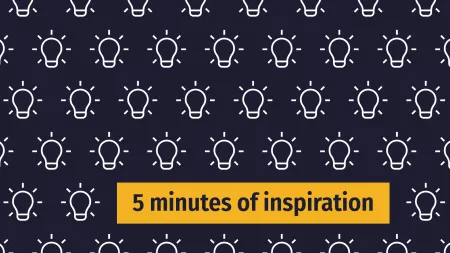According to a man in Sudan, after watching CARE’s Village and Savings Loan Associations (VSLAs) and the impact in the community for a while, “We observed the success of women in the VSLA and then we decided to ask if we could join.”
This isn’t a case of men taking over. Women told us, “[Men] normally control every aspect of our lives. In the VSLA, we can make decisions.” Getting men engaged without edging out women is critical to the success of collectives, and demonstrating success is a good way to get there.
Women being able to make decisions and men getting involved are only a part of the story. The thread you see in common in all of the stories from the project is hope. One of the big impacts communities site is that they are better able to deal with shocks when they come. Sadly, when you live in South Darfur, shocks come often, and in lots of shapes and sizes. The VSLA methods that are core to the Resilience in the Horn project funded by the EU and the Dutch Government are helping families face drought, conflict, and market crises.
What did we accomplish?
- Increased cash savings: Groups went from having zero cash savings to up to $5,800 for a group in under a year.
- Families can cope with crisis: These savings mean that families can replace assets, buy extra food, and absorb shocks. In contrast to the traditional means of investing in livestock—which are a prime target for violent groups during conflict—cash savings are more portable and less likely to be destroyed.
- Women earn independent incomes: Independent and stable incomes are transforming women’s lives. As women are often left alone to run the household during conflict, VSLAs open doors for them. Fatima (pictured right)—whose husband left in 2015—said “I never thought I would be able to run my household without the help of my husband. It makes me feel proud that I did this all on my own.”
- Kids are going to school: Several women cited that they are using the money to invest in education. Saadia told us: “Because I joined the VSLA, I am now able to send my children to school…. Joining made me realize I can change my life and therefore I decided to sign up for a literacy class.”
- Gender dynamics are changing: Women have more confidence in themselves, and men are more confident in women. Ismael pointed out, “It is not only my task anymore but we are in this together.”
How did we get there?
- Use VSLA: Starting in 2015, the project established 300 VSLAs in South Darfur, and worked with families to save cash instead of assets.
- Be flexible and engage men: Originally, we were only working with women in communities. But partway through the project, staff noticed that men saw huge benefits to the VSLA and wanted to join. So they changed the design and allowed for 30% of the VSLA members to be men as a way to build community cohesion and expand impact.
- Support women’s leadership roles: While the project includes men in VSLAs, they prioritized women’s leadership to make sure that men didn’t take over all benefits.
- Think beyond money: In addition to the classic VSLA training, the project added components on business skills, gender, and education to meet needs that communities had and help them expand beyond saving into generating income.
What did we learn?
- Think about the community: The impacts happened mostly at the household level, and less at the community level. We can’t assume that building cohesion within VSLA groups will spill over into communities—especially in a situation as challenging as Sudan.
- Access to information is critical: VSLAs haven’t help communities anticipate crises because there are no functional early warning systems at the community level. This ultimately does limit the resilience VSLAs can generate.
Want to learn more?
Check out the full evaluation.
